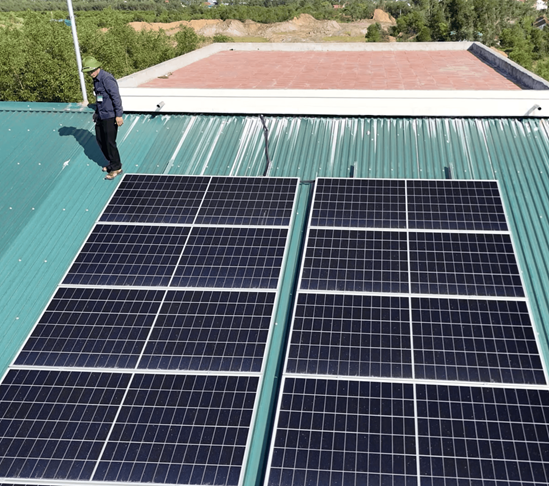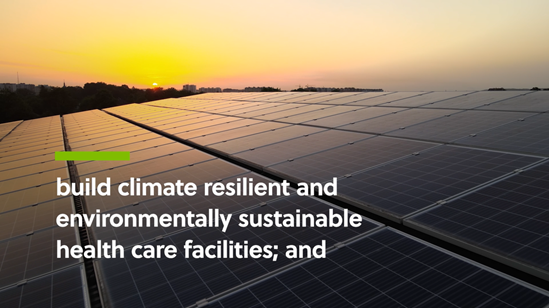
Due to global warming, the sea level rose significantly in the last few years: seawalls are built up to prevent further erosion of the shoreline, South Tarawa, Kiribati.
The mandate of WHO’s Health and the Environment programme is to support Member States to improve health outcomes linked to environmental risks such as:
- Unsafe water and inadequate sanitation
- Poor indoor and outdoor air quality
- Exposure to toxic or hazardous waste and chemicals
- Climate change
WHO aims to enhance capacity in countries through regional technical networks of experts and partners, intercountry sharing of good practices, research, policies and action on environmental and occupational hazards to health, and strengthening environmental surveillance and information systems. Emphasis is placed on enabling strengthened collaboration between health and environment sectors. Desired outcomes include strengthened national capacity to undertake environmental health risk assessment and appropriate multisectoral responses (e.g. laws, regulations, policies, plans, and programmes) to increase resilience to climate change and achieve the Sustainable Development Goals (SDGs).
Coordinator, Health and the Environment
Contact us
Our work
Latest publications
All →Water and sanitation in health-care facilities are essential for public health, economic development and quality health care, preventing infection outbreaks...
Water and sanitation are critical for public health, economic development and quality health care, since they prevent infections and avoidable deaths in...
Access to clean water and safe sanitation services in health-care facilities is fundamental for public health, economic progress and delivery of quality...
Weaving health for families, communities and societies in the Western Pacific Region (2025-2029): working...
This document sets out thematic priorities for WHO's work in the Western Pacific Region for the next five years to improve health and well-being, and save...
Multimedia
All →Related health topics








